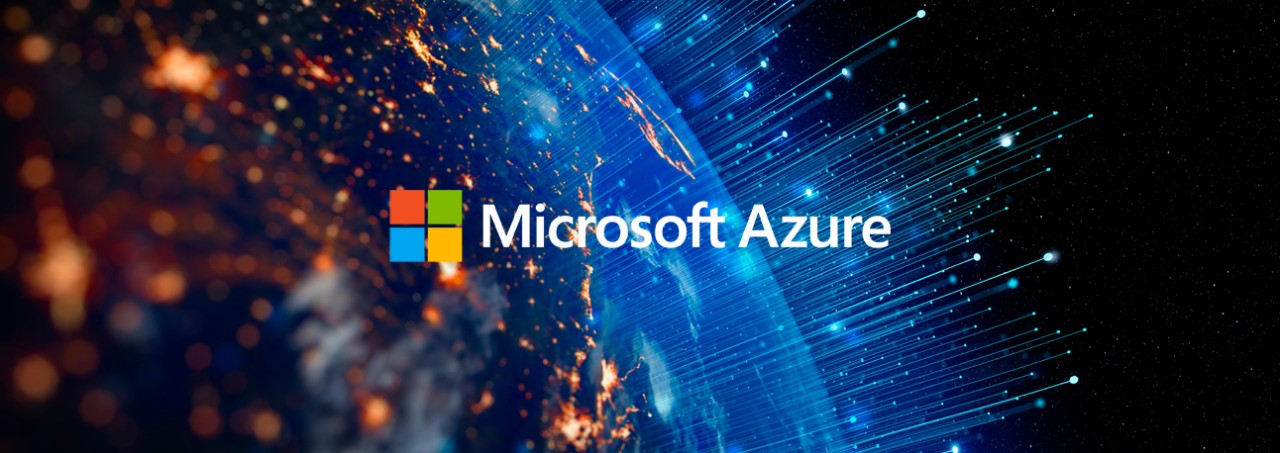Module 1: Explore core data concepts
Data powers the digital transformation sweeping across organisations and society in general. But what is ``data,`` and how is it represented and used?
In this module, you will learn how to:
- Identify common data formats
- Describe options for storing data in files
- Describe options for storing data in databases
- Describe the characteristics of transactional data processing solutions
- Describe the characteristics of analytical data processing solutions
Module 2: Explore data roles and services
Data professionals perform distinct roles in building and managing software solutions and work with multiple technologies and services.
In this module, you will learn how to:
- Identify common data professional roles
- Identify standard cloud services used by data professionals
Module 3: Explore fundamental relational data concepts
Relational database systems are a common way to store and manage transactional and analytical data in organisations of any size worldwide.
In this module, you'll learn how to:
- Identify characteristics of relational data
- Define normalisation
- Identify types of SQL statement
- Identify everyday relational database objects
Module 4: Explore relational database services in Azure
Microsoft Azure provides multiple services for relational databases. You can choose the best relational database management system and host relational data in the cloud.
In this module, you'll learn how to:
- Identify options for Azure SQL services
- Identify options for open-source databases in Azure
- Provision a database service on Azure
Module 5: Explore Azure Storage for non-relational data
Azure Storage is a core Microsoft Azure service commonly used to store non-relational data.
In this module, you'll learn how to:
- Describe features and capabilities of Azure blob storage
- Describe the features and capabilities of Azure Data Lake Gen2
- Describe the features and capabilities of Azure file storage
- Describe features and capabilities of Azure table storage
- Provision and use an Azure Storage account
Module 6: Explore fundamentals of Azure Cosmos DB
Azure Cosmos DB provides a highly scalable store for non-relational data.
In this module, you'll learn how to:
- Describe key features and capabilities of Azure Cosmos DB
- Identify the APIs supported in Azure Cosmos DB
- Provision and use an Azure Cosmos DB instance
Module 7: Explore fundamentals of large-scale data warehousing
Organisations use modern data warehousing to build large-scale data analytics solutions that generate insights and drive success. Microsoft Azure includes multiple technologies you can combine to build a modern data warehousing solution.
In this module, you will learn how to:
- Identify common elements of a modern data warehousing solution
- Describe critical features for data ingestion pipelines
- Identify common types of analytical data stores and related Azure services
- Provision Azure Synapse Analytics and use it to ingest, process, and query data
Module 8: Explore fundamentals of real-time analytics
Learn about the basics of stream processing and the services in Microsoft Azure that you can use to implement real-time analytics solutions.
- Compare batch and stream processing.
- Describe common elements of streaming data solutions
- Describe the features and capabilities of Azure Stream Analytics
- Describe features and capabilities of Spark Structured Streaming on Azure
Module 9: Explore fundamentals of data visualisation
Learn the fundamental principles of analytical data modelling and data visualisation using Microsoft Power BI as a platform to explore these principles in action.
After completing this module, you will be able to:
- Describe a high-level process for creating reporting solutions with Microsoft Power BI
- Describe the core principles of analytical data modelling
- Identify common types of data visualisation and their uses
- Create an interactive report with Power BI Desktop


